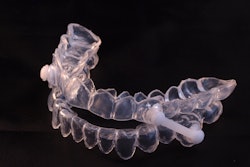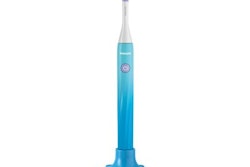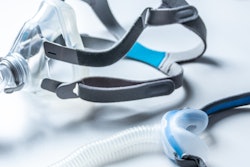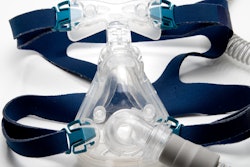
Royal Philips and its U.S. subsidiaries, including Philips Respironics, have reached a proposed settlement that may total up to $618 million, which would resolve claims related to its sleep apnea devices that were voluntarily recalled in June 2021.
The agreement, which does not include or constitute any admission of liability, wrongdoing, or fault by any of the Philips’ parties, is subject to the approval of the U.S. District Court for the Western District of Pennsylvania. Though the final cost of the settlement may vary based on several factors, including the number of consumers who participate in the settlement, Philips Respironics has recorded a provision for 575 million Euros ($618 million) in the first quarter of 2023 to cover the estimated costs of the final settlement, according to a company press release dated September 7.
Due to potential risks related to the possible emission of particulates from degraded polyester-based polyurethane sound abatement foam and certain volatile organic compounds, Philips Respironics recalled its first-generation DreamStation devices and other bilevel positive airway pressure and continuous positive airway pressure machines.
If the settlement is approved, predefined cash awards will be eligible to participants in the U.S. depending on the type of device and extended warranties on all replacement devices. Also, an additional cash award would be available to consumers who returned the recalled device to Philips Respironics, and further compensation will be given to certain individuals who acquired replacement devices after the recall, according to the release.
Subject to final court approval, payments to class members are not expected to begin until, at earliest, the first quarter of 2024. The tentative agreement does not settle any personal injury or medical monitoring claims in the multidistrict litigation, which the Philips parties have moved to dismiss, according to the release.
In January 2022, the company reported that test results indicated that its sleep apnea devices didn’t appear to cause long-term health consequences.



















